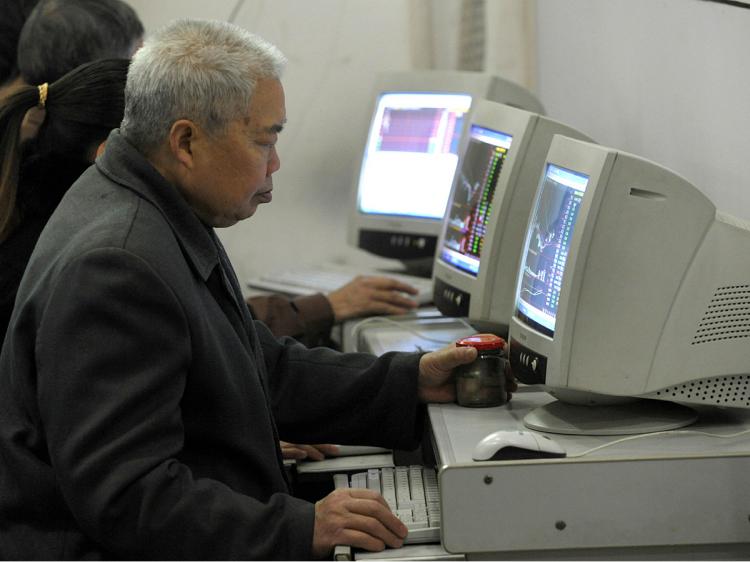But come July 1, even their traditional methods of breaking Internet censorship—through software such as GPass and others—might stop working, as the Chinese regime has mandated that all computers shipped after that date come pre-installed with a filtering and monitoring software.
The software, known as “Green Dam,” is built by Jinhui Computer System Engineering Co. The Chinese regime has announced that the purpose of the software would be to function as “anti-porn” filtering software, but China watchers are skeptical about the claims, arguing that the software will be used to monitor Internet usage.
A Harvard Law School study indicates that the Chinese regime is more keen to block voices of dissent rather than pornography. The 2005 study found that filtering of pornographic content in China by the core filters was extremely poor: only 101 out of 752 (13.4 percent) pornographic sites tested were blocked. The same study found that Saudi Arabia had blocked 695 (86.2 percent) of those sites, and commercial Web filtering applications blocked 70–90 percent of those sites.
Dr. John Palfrey, director of the Berkman Center for Internet & Society of Harvard University’s Law School that conducted the study, provided more details about what was really blocked by China’s filters in a January 2006 testimony to the U.S. House of Representatives. His team found that political content and other sensitive subjects were blocked at a much higher rate than pornography.
For example, 90 percent of sites related to the Epoch Times editorial series, Nine Commentaries on the Communist Party, were blocked; 82 percent of sites tested containing a derogatory version of Jiang Zemin’s (the former top leader of China) name were blocked; and that 44–73 percent of sites related to Falun Gong, in both English and Chinese languages, were blocked as well.
The move comes amid other increasingly harsh measures taken by the Chinese communist regime to crack down on dissent. In recent weeks, Twitter, Flickr, and Hotmail have been blocked in China as the twentieth anniversary of the Tiananmen Square massacre and the tenth anniversary of the persecution of Falun Gong approached.
The U.K. Telegraph newspaper reported that the Green Dam software can “allegedly transmit personal information and make it difficult for users to tell what access is being denied.”
The New York Times quoted Charles Mok, chairman of Hong Kong’s Internet Society as saying, “It’s like downloading spyware onto your computer, but the government is the spy.” The Times article also quoted a user’s complaints from the Green Dam software’s forum as saying, “I can’t surf the Internet normally and it’s affecting the operation of other software.” The comment was later deleted from the software’s Web site.
The Wall Street Journal, which broke the story over the weekend, had reported that China’s Ministry of Industry and Information Technology had sent a notice to major computer manufacturers requiring them to have the software pre-loaded on computers that they sold after July 1. The Journal story also reported that computer makers were required to submit reports to the regime on how many units they had shipped with the software preloaded.
Little is known about Jinhui Computer System, the company that is reported to have built the software. A search on Google returns very little. The Associated Press quoted a company spokesperson as saying that Jinhui was based in Zhengzhou, the capital of Henan province, and that the software was developed after it won a 21 million yuan (US$3.1 million) contract with the Chinese regime.
In the past, major networking companies in China have had the backing of the Chinese regime’s top officials. For instance, Huawei, China’s largest supplier of networking and telecom equipment, was founded in 1988 by Ren Zhengfei, a former officer of the Communist Party’s People’s Liberation Army and a member of the 12th National Congress of the Communist Party of China. A 2005 report by the non-profit RAND corporation’s Project Air Force listed Huawei, along with three other “ostensibly” commercial IT firms, as being the “public face for, sprang from or are significantly engaged in joint research with state research institutes” that are affiliated with the Chinese regime’s military institutions.






